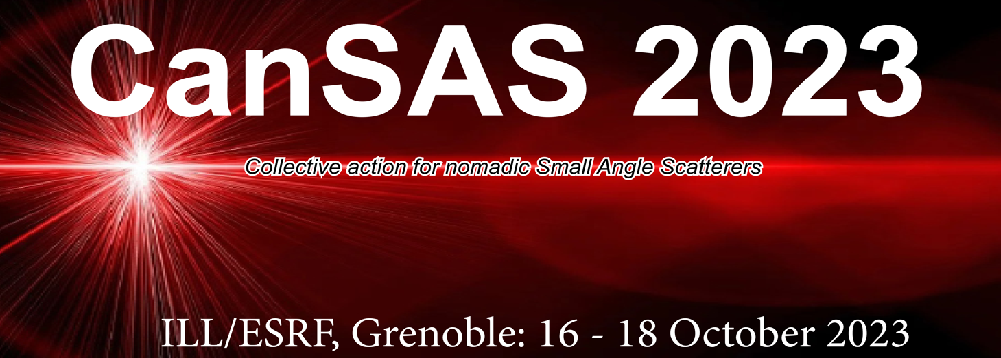Speaker
Description
Societal need and regulations are driving reformulation of materials and products so that they reduce the pace of climate change and cause less harm to humanity and the environment. While scattering methods (SAXS, SANS, WAXS) are workhorse techniques for characterizing formulations, they are challenged to keep up with the resultant rapid pace of redesign. Consumer and industrial formulations often consist of dozens to hundreds of components with wildly varying and sometimes conflicting purposes and design requirements. With this large number of carefully balanced components, small perturbations to a formulation, for example replacing a petroleum-derived fragrance with a bio-derived one, can cause large changes in macroscopic
properties and functionality. Approaches which can optimize material properties across a large number of composition parameters, generate large datasets, and reduce the time and cost of formulation discovery are needed to support this societally motivated product reformulation. Multimodal characterization and machine learning (ML) tools promise to greatly reduce the expense of exploring phase, stability, and property maps in highly multicomponent products. In this talk, we will describe the Autonomous Formulation Laboratory (AFL), a research program which seeks to enable the application of ML-driven autonomous techniques to the measurement of complex formulations through the development of instrumentation, datasets, standard challenges, and algorithms.

